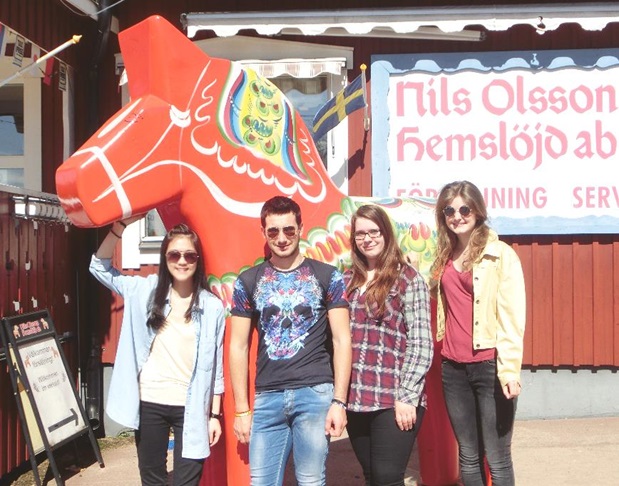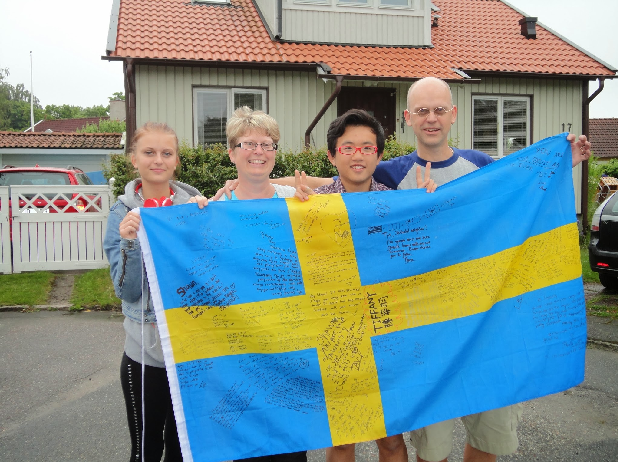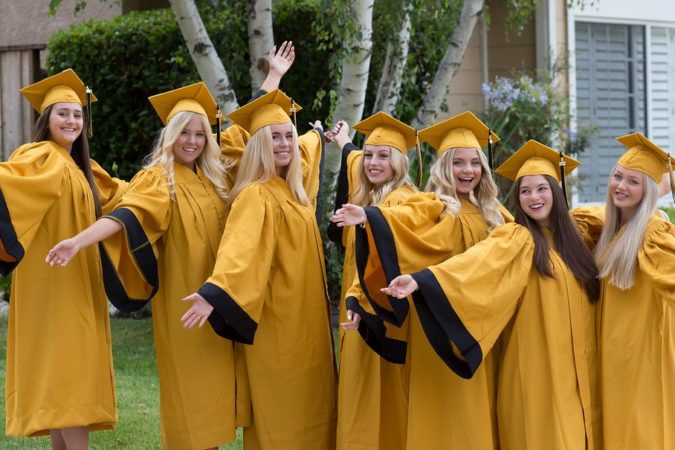School Immersion in Sweden – 16 -18 years old – 2 months to 1 academic year
Our high school programme in Sweden is aimed at all students aged 16 to 18 who are motivated to study for 2 months to 1 academic year in this unique and fascinating country, and enjoy an unforgettable experience!
You will attend a Swedish high school and share the daily life and lifestyle of your host family. This programme offers a real linguistic and cultural immersion in Swedish life.
No previous knowledge of Swedish is necessary (beginners accepted), but a good level of English is required.
Sweden is the ideal destination for lovers of nature and outdoor activities, and for all those who want to experience something out of the ordinary and off the beaten track!
Why study in Sweden?
- An excellent education system, encouragingcritical thinking and individual reflection
- A high quality of life – A clean and safe environment
- Diversity andequality are fundamental values of Swedish society
- Environmental protection and sustainable development are an integral part of the Swedish way of life
- Swedes are friendly, respectful, dynamic and cultured people who have a very close relationship with nature. They enjoy spending time outdoors in all seasons
- Everyone speaks English
About Sweden
- population: 10.1 million
- Capital: Stockholm
- 70% of the country is forested, with nature everywhere, even in the biggest cities
- Economic dynamism – internationally renowned companies: IKEA, H&M, Spotify, Tetra Pak…
- Cultural characteristic: the famous “Fika” break or “the art of the social coffee cup”
- Spectacular scenery, northern lights
- Excellent public transport network
Placements can take place anywhere in Sweden, although the majority are in the south of the country. Students can be placed in a large city or in a more rural area.
All Swedes speak English, but High School classes will be taught in Swedish. It is therefore strongly recommended that you prepare for your stay by taking online Swedish courses before you leave.
























